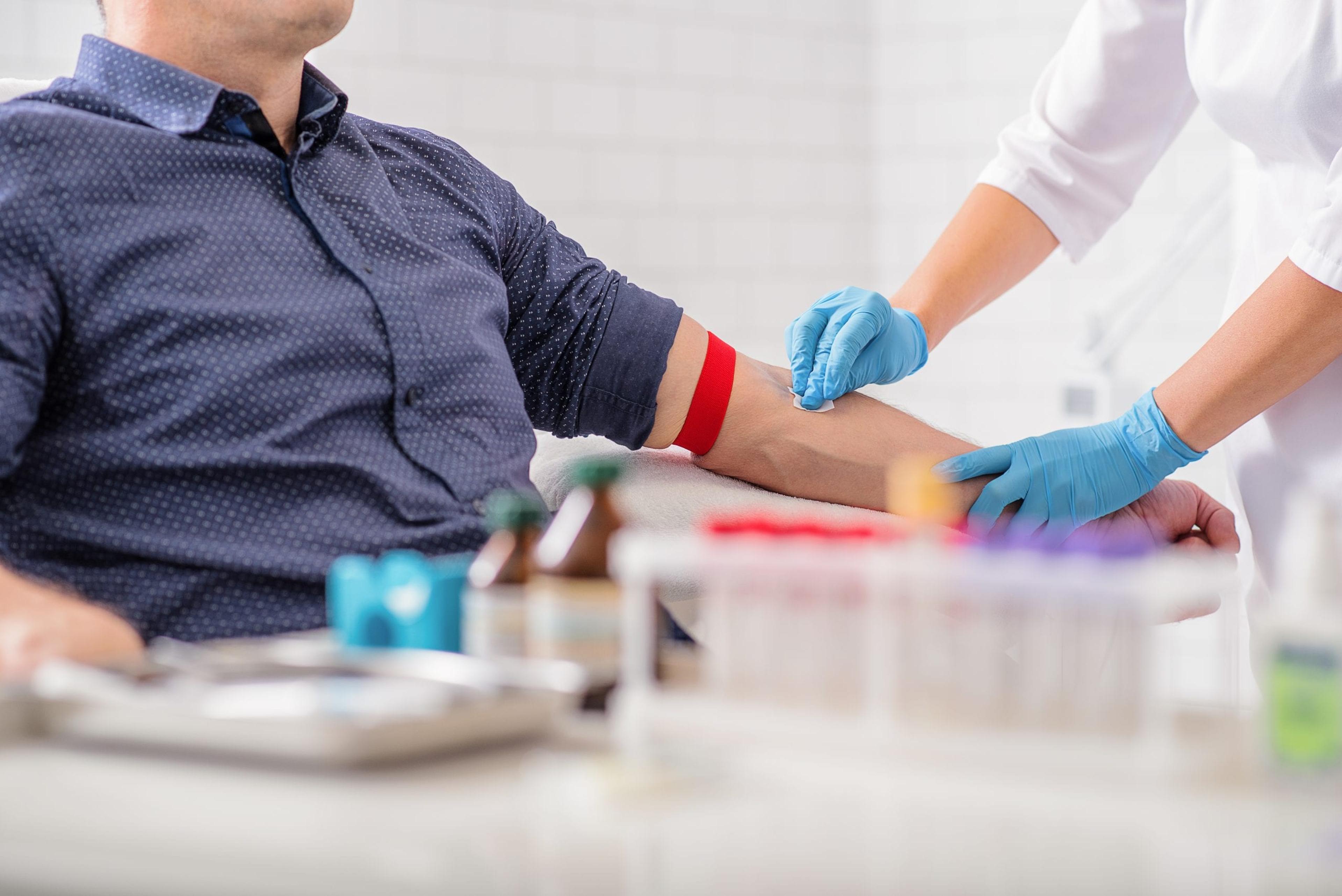
In the U.S., every two seconds, someone needs a blood transfusion. It’s a life-saving measure that impacts millions of people. If you’re interested in supporting this effort, donating blood is the first step. Learn who’s eligible, how to prepare, and more importantly, where to give. Blood donations provide crucial support for individuals with chronic illnesses and traumatic injuries. With transfusions, a little bit can go a long way. Just one donation has the potential to save up to three lives. Unfortunately, neither blood nor platelets can be mass-produced, so the medical community relies on donors as a primary resource. Basic guidelines have been put in place to protect volunteers and recipients throughout the donation process. Anyone in general good health is a likely candidate. Yet, most states require donors to be at least 16 years old (with a parent/guardian’s consent) and weigh a minimum of 110 pounds. Also, there are certain health conditions that may affect your eligibility. Individuals with any of the following will be declined:
- Hepatitis B or C
- HIV or AIDS
- Certain blood cancers (i.e. leukemia or lymphoma)
- Hemochromatosis (excessive iron in the body)
- Low Iron (if hemoglobin is too low)
- Sickle Cell Disease
- Tuberculosis
- History of non-prescribed intravenous drug use
Lifestyle factors can also affect a person’s ability to donate. If you were born in, traveled to, or had long-term residency in another country, you may not be able to give. Visiting any locale with high rates of malaria or a history of Creutzfeldt-Jakob disease may warrant an extensive waiting period. Malaria specifically requires a 12-month to six-year delay depending on length of exposure, initial contact, and treatment. Other mandatory deferments include:
- Pregnant women - six weeks after giving birth
- Individuals with syphilis or gonorrhea - 12 months
- Males who engage in sexual activity with other men (MSM) -12 months
- Those who were in jail, prison, or any other detention facilities more than 72 consecutive hours – 12 months
- Previously had a blood transfusion – 12 months
- Recently received an organ transplant – 12 months
- Previously donated whole blood – 8 weeks (56 days)
Individuals who meet the necessary criteria should take steps to prepare themselves before the blood drawing process. Make sure you’re well-rested and fully alert by getting a good night’s sleep. Also, consume a healthy meal at least one hour before donating. Try to avoid high-fat foods that could make you feel sluggish or lethargic. Stay hydrated by drinking an additional 16 ounces of water prior to your appointment. This will make it easier to find a vein and aid in your recovery. There are multiple drives and donation centers for eligible candidates to choose from. Michigan Blood has eight locations across the state including Grand Rapids, Kalamazoo, and Saginaw. In case of an emergency, such as a national tragedy, the American Red Cross has an extensive list of local drives to meet the sudden demand. Learn more about blood and organ donation by reading these blogs:
Photo credit: YakobchukOlena





